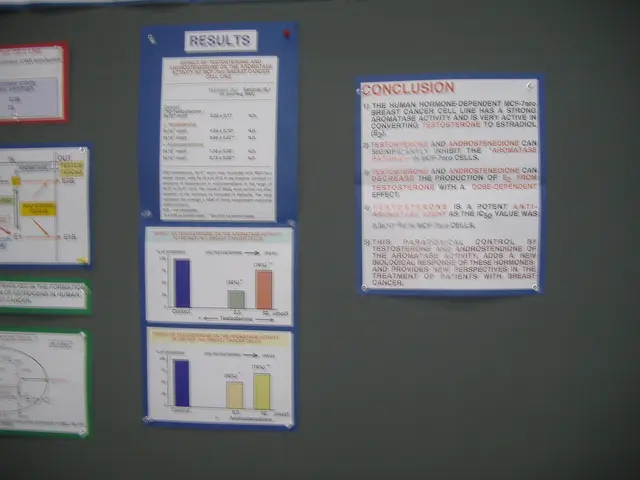Electricity Price Policy Under Scrutiny by The Chamber in Their Examination Report
Affordable Electricity for All: Labour Chambers Advocate for Change in Germany
A shift towards renewable energy sources is essential for a climate-friendly transition, but it's crucial that this transition is designed fairly to avoid threatening social participation and industrial value creation. This is the crux of a new analysis published by the Labour Chamber, titled "Social Electricity Prices in the Energy Transition - Theses for a Labour-Oriented Electricity Pricing Policy."
The report emphasizes the importance of keeping electricity affordable for both private households and industry, a concern echoed by Jörg Caspar, Chairman of the Labour Chamber of Saarland. He explains that high electricity prices affect individuals both at home and at work.
While there are no specific, detailed sources on labour-oriented electricity pricing proposals for the states of Saarland and Bremen from the current search results, the political context and related regional information provide some insight. Both Saarland and Bremen are German states with active political participation by parties like Die Linke, which often advocates for socially oriented economic and energy policies.
The states also have relatively lower median salaries, potentially highlighting socio-economic factors influencing affordability policies. Germany’s energy transition involves balancing renewable energy expansion, affordability, and social equity, though specific labour-oriented pricing schemes in Saarland or Bremen are not currently documented.
The Labour Chamber and the Employee Chamber of Bremen are advocating for a fundamental change in electricity pricing policy. Their proposals include determining the affordability of electricity for households on a household-specific basis and financing it in a socially balanced manner.
Structural reforms, such as the remunicipalisation of electricity grids, are proposed to better control network expansion and prevent monopolistic structures. A reduction in state electricity price components, particularly the electricity tax, is advocated for.
The report also presents concrete proposals from a labour-oriented perspective to address high electricity prices. These include a fair funding policy with stronger support for citizen energy projects, the introduction of an excess profit tax to counter speculative price jumps on the energy market, and a competitive industrial electricity price linked to conditions such as collective bargaining agreement coverage, location loyalty, and concrete plans for climate-neutral transformation.
The full analysis is available at www.arbeitskammer.de/strompreise. The Labour Chamber's call for a fair, affordable, and climate-friendly electricity pricing policy underscores the need for continued dialogue and action in the energy transition.
- The Labour Chamber and the Employee Chamber of Bremen are advocating for a change in electricity pricing policy, proposing a funding policy that ensures affordability of electricity for households on a household-specific basis, financed in a socially balanced manner.
- In their proposals, the Labour Chamber includes concrete measures such as a fair funding policy with stronger support for citizen energy projects, the introduction of an excess profit tax to counter speculative price jumps on the energy market, and a competitive industrial electricity price linked to conditions like collective bargaining agreement coverage, location loyalty, and concrete plans for climate-neutral transformation.




